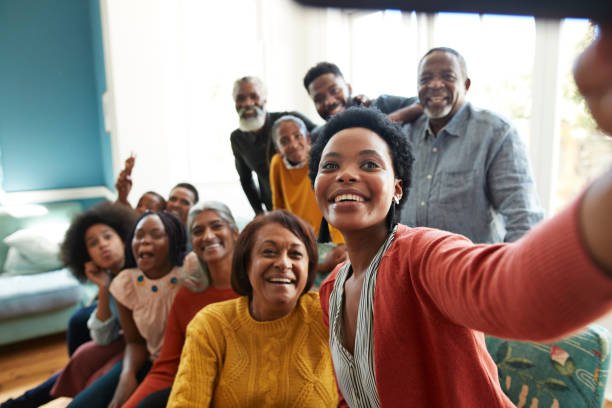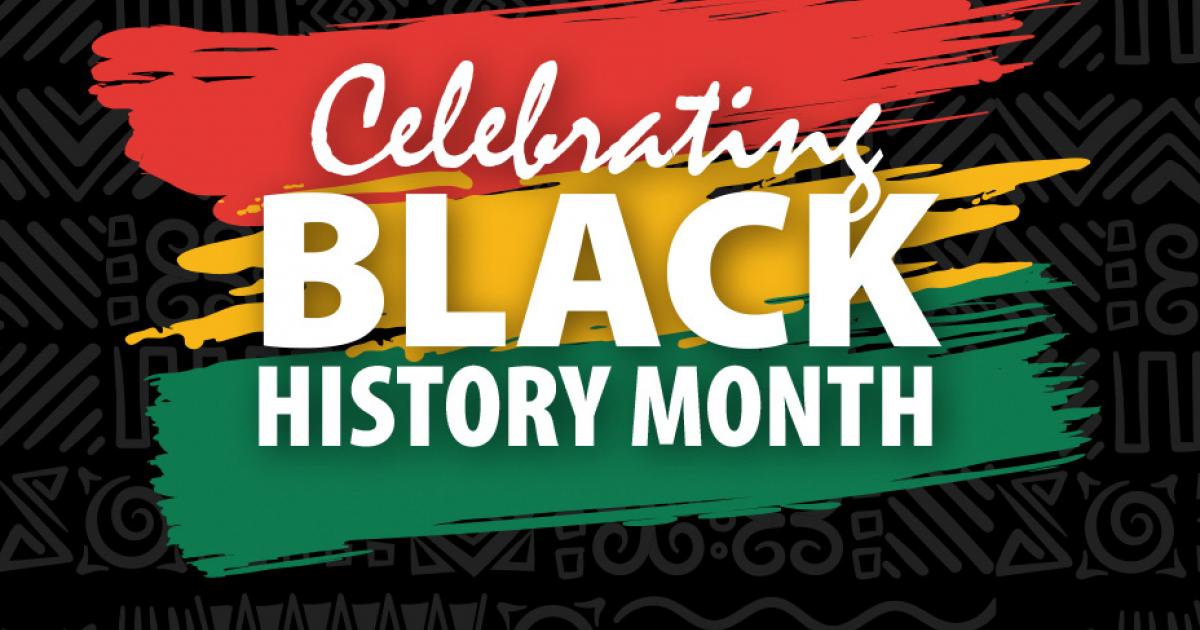(ThyBlackMan.com) Just when you thought it was safe to stop by your local liquor store.
I have often written about examples of racial discrimination and injustices perpetrated against people of color for this publication and others. These are issues I have cared deeply about since working as a teacher in grossly underfunded public schools in New York City years ago, schools that perversely served predominantly African-American and Hispanic children, disadvantaged and vulnerable populations in our society most in need of robust school funding.
But on Saturday night yours truly was the victim of a vicious racial macro-aggression in a Suffolk County suburb on the innocuous errand of a trip to my neighborhood liquor store to pick up a bottle of wine and/or rum for a celebration. I was followed and confronted by a store employee, who looked to be of Indian or Pakistani descent, not once but three times, demanding to know if I was “looking for anything in particular” and then telling me outright that he “didn’t consider me [to be] a customer”.
looked to be of Indian or Pakistani descent, not once but three times, demanding to know if I was “looking for anything in particular” and then telling me outright that he “didn’t consider me [to be] a customer”.
As my readers might guess, I was indignant…and livid. Of course, I retorted, asking rhetorically if the establishment was, in fact, “a store” and asking if as an employee he was there “to bring customers in or drive them away”. It was then that he let me know that he did not consider me to be a customer.
Ordinarily, it is not a good thing for the journalist, or even blogger, to become the story. But in this case, I have made an exception in order to illustrate the plight still faced by millions of Black and Hispanic men on a daily basis in this country, and so that others might learn from my example.
For the benefit of some CNN hiring manager who might stumble across this article while surfing the web, and of course my editors at Thy Black Man, let me be clear: I do not drink often. I do not patronize liquor stores frequently. In fact, I do not drink at all, and the exception would be the rare celebration of some significant event.
rare celebration of some significant event.
Saturday night was one such exception. It was the weekend, and I was dressed casually – I arrived at the store dressed in a t-shirt and denim jeans slightly frayed at the ends.
Immediately upon my arrival, the Indian/Pakistani store employee gave me the evil eye and proceeded to conspicuously stand no more than five feet away as he made a deliberate show of chatting into his cell phone as he watched me. He followed me through the aisles – and the store is tiny. Initially, I thought he was the store detective and while I was incensed I ignored him. When he asked in a hostile tone, “You looking for something?” it dawned on me he was perhaps nothing more than a stock boy, though he looked a little older than myself; I shot a dirty look back at him and left the store in order to compare the prices at a liquor store around the corner.
When I returned (as it had turned out booze was more expensive around the corner) the Indian/Pakistani stock boy again glared at me and again proceeded to follow me through the aisles, and eventually asked, “You looking for something in particular?” followed by, “You need something, man?” and after I replied in the negative, in an accusatory tone, “I saw you go to the other store and now you’re back – it’s weird.”
At this point I asked my rhetorical question about the nature of the establishment and whether it was his job to “bring customers in or drive them away.”
He replied, “I don’t consider you a customer.”
When I asked why he did not consider me to be a customer, he smirked and did not reply.
Another customer in the store, a White man in a baseball cap and a tattered and dirty hoodie, snickered.
I immediately left the store.
It is important to note in this situation that while harassing me our racist Indian or Pakistani stock boy ignored a whole cast of infinitely more suspicious-looking characters that had entered the store in the interim: a group of rowdy White teenagers who didn’t look old enough to drive let alone drink, the White customer in the torn and dirty hoodie who reeked of alcohol and cigarettes, a shabbily-dressed White couple conferring furtively in a corner of the store.
Despite all these strange, White people milling about the store, for some reason, I was this stock boy’s chief concern.
The racist behavior displayed by this Indian/Pakistani liquor store employee has no place in modern society. It is unclear why he thought it was both appropriate and acceptable to treat me in such a horrible and degrading fashion. After all, I did nothing wrong. I was not dressed substantially differently than any other customer who entered that store at the time. I was not loitering, I was shopping – even going so far as to compare prices at another shop.
Perhaps this Indian/Pakistani has no idea what a “customer” is, as defined by law. Perhaps he has a skewed idea of what “weird” is. Perhaps he’s never heard of Terry v. Ohio.
Perhaps he thought I was just another one of millions of faceless, voiceless, undereducated Black men who confront such situations every day in America and who feel too picked on by “the system” to speak up about such incidents.
Perhaps he thought I had been adjudicated into social impotency by some past criminal conviction, as the stereotypes such people subscribe to go, some Black parolee or ex-felon too timid to “make trouble” for the local racists.
Whatever he thought, he was very wrong.
Unfortunately for him, I am an Ivy League educated Black professional who knows his rights and has rubbed elbows with celebrities, elected officials, broadcast journalists, and a whole host of upstanding, like-minded citizens who are eager to put a stop to racism in the public square.
This sordid episode was a terrible reminder of the hurdles our society must still overcome in order to become truly equitable. I am contemplating writing to the New York Better Business Bureau and the Hate Crimes Unit of the Suffolk County Police Department, and perhaps registering a discrimination complaint with the United States Department of Justice.
I am well within my rights to do so – even as a Black man in a sleepy Long Island village.
Staff Writer; David Christopher Steele, A.M
This talented brother is a native New Yorker and former educator who taught in New York City public schools and at a New England boarding school. Steele is now an educational blogger and political journalist. He is a graduate of the University of Pennsylvania and New York University. Follow him on Twitter at http://www.twitter.com/DCSteele1.

















REPORT OF PERVASIVE CONFLICTS OF INTEREST AT MAJOR NEWS ORGANIZATIONS
Says Sex in Exchange for Information is a Common Practice
A recent investigative report of major media outlets by the underground ThinkNewsWatch Group (TNWG) has revealed an increasing number of investigative reporters are involved in intimate relationships with their sources. House of Cards star Robin Wright brought considerable attention to the issue in February when she claimed an official in the Obama Administration had told her it was a very common practice. Of course, there has been similar talk about the issue for years around Capitol Hill.
As it turns out the practice is just as common in the suburbs. According to TNWG, reporters from The New York Times, New Jersey’s Star Ledger and Long Island’s Newsday frequently cross over the line in reporter and source interactions. The investigation details the case of a certain female award winning reporter from Newsday’s investigative team who slept with various government employees in an apparent attempt to exchange information about political scandals in one large Long Island town. Another female reporter at the Star Ledger is under similar scrutiny for reportedly exchanging sex for information with a mid-level official in Governor Chris Christie’s administration in regards to the “Bridgegate” scandal.
Many news publications appear to be complacent over the issue of sex in exchange for information. Former New York Times editor Abe Rosenthal once famously said, “I don’t care if my reporters are fucking elephants, as long as they aren’t covering the circus.”
“The problem with these cases is that we often find that the information derived from these affairs are directly related to the journalists’ news beat, and this adds to an inherent bias in the reports contained in these major news publications,” stated a source familiar with the contents of the investigative report. The source added, “It accounts for low level of public confidence in the news media. Not only does it raise ethical questions, but it’s problematic in terms of journalistic accuracy.”
Overall, Americans in all key demographic and socioeconomic groups report low levels of confidence in news institutions. Negativity varies somewhat by age, education, and gender. Americans with higher levels of education are the least confident television and print news than those with only some or no college education. Americans of all educational backgrounds report low confidence in newspapers.
TNWG expects to release the report next month. “We anticipate this report is going to raise a lot questions about the nature of journalism at some of these high profile new publications, and it may even end some careers, but in the long run we hope it will bring attention to the issue and force some change,” according to TNWG’s news release.
The report will focus on the careers of three journalists who have built their careers on investigating and exposing public corruption, and have targeted mainly right-wing politicians.
Of course he was racist… Why make the comment that ” he did not consider you to be a customer” so what you went into another store, the act alone was not illegal nor suspicious. People need to know that by the time the “n” word escapes there mouth, the seeds of hatred have already been watered and planted. I hope that you follow up with a written complaint to all or at least one of the agencies that you mentioned there was absolutely no reason for him to be that disrespectful or discriminatory.
want “your kind” in his store? You were not the first nor the last person he follows around the store.
Every word, every sentence, every question spoken to black men is not a form of racism. Unless you’re not saying everything that happened, I doubt if you have a case of racism.
I understand that the situation have somewhat angered you but think for a minute. When he said that you didn’t look like a customer, he may have meant a “regular” customer. And you weren’t. You said it yourself that you don’t drink only to celebrate. When you left and returned to the store, that alone made you look suspicious. For all this employee knew, you could have went outside to inform other black males thatt he was the lone employee in the store making it an easy target to rob the place. There’s no telling what was going through his mind. Most likely, he doesn’t see black men on a daily basis like other liquor store owners/employees.
It doesn’t matter how you or the other customers were dressed. It didn’t matter that you attended/graduated from 2 universities, that you are a political journalist, and that you are an educated man. What does matter is that the employee (and others) are aware that there’s such a thing as casually dressed males who do/will rob any establishments. Be it black, white, or any other nationality.
Casually dressed criminals are caught on video cameras robbing banks, stores, even restaurants. And it doesn’t make matters better when so many of these criminals are indeed black males. Not all criminals wear hoodies and act like savages either. Some of them actually speak in a calm tone and sound respectable and educated according to witnesses and they may have been a black male who committed the crime.
What really matters is that you know that you’re not a criminal. You didn’t enter that store to rob it. You weren’t there to cause any harm to anyone. However, I don’t believe the words that you and he exchanged was a form of racism. He didn’t refer to you as a n-word. He most likely reacted to your actions of leaving, going to another store, and returning that made him say “it’s weird.” What if he had used the word “suspicious” instead of weird? Did he tell you to leave the store? Did he say that he didn’t